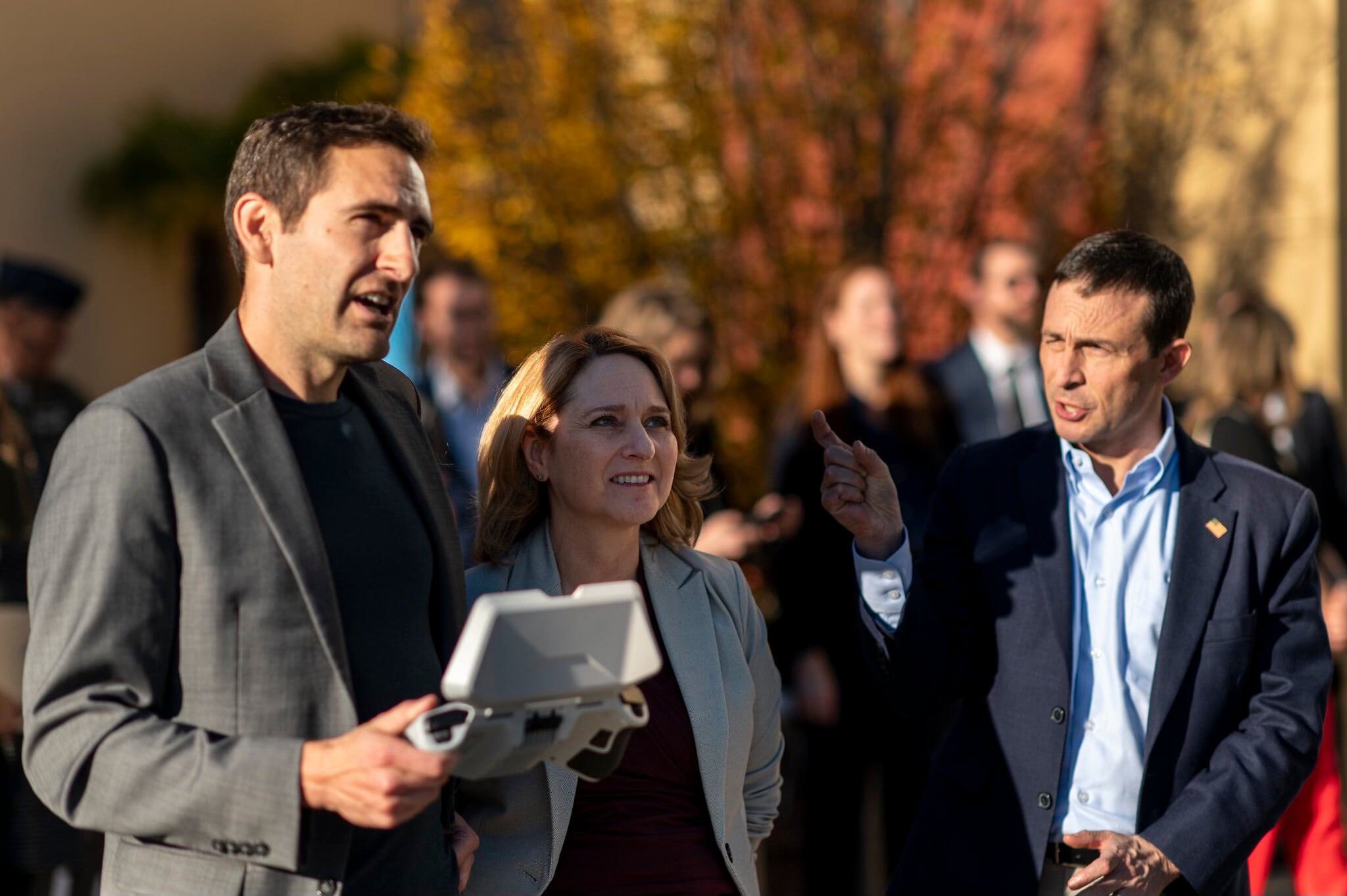A current Army exercise seeks to inform operational concepts and capability needs based on putting emerging technologies into the hands of soldiers for their direct feedback.
The Army is staging its third annual Cyber Quest, which started June 11 and runs through June 27, and top officials spoke to the media about the capabilities that most excited them.
Situational understanding
Multiple officials discussed the importance of situational understanding tools that provide a view inside the unseeable cyber domain, allowing commanders to see enemy cyberspace, friendly cyberspace and even gray cyberspace.
“What we’re seeing is, to many of us, cyber is something that is pretty amorphous, you don’t really see it, you can’t really overlay it onto what you’re trying to accomplish operationally,” Maj. Gen. John Morrison, commander of the Cyber Center of Excellence and Fort Gordon, which hosted the exercise, said during a media call.
This is especially important, he added, because it allows a typical commander to visualize and understand these effects, making it easier to incorporate into operations. As the Army moves toward the notion of multidomain operations in the future situational understanding tools will be critical for helping them integrate cyber and electrometric spectrum effects into operations.
“As the Army’s moving toward multidomain operations, which also includes cyberspace and the electromagnetic spectrum, [Cyber Quest] is a chance for us to really refine those staff procedures from an operational unit perspective,” Morrison said.
“The unit that is leaving here on Tuesday actually developed their standard operating procedures and tactics, techniques and procedures for operating in the cyberspace domain while they were here. That’s going to help us proliferate across the rest of the Army.”
Reprogramming technologies
In the world of electronic warfare, the ability to maneuver back and forth between frequencies in response to or to gain an advantage over adversarial measures is crucial.
One of the capabilities being tested at Cyber Quest will allow for remote reprograming of sensors from various vendors inside a tactical operations center.
“The reason that’s so important to us is it means that it’s the first step toward being able to look at other services equipment, equipment from different years or different software in it and being able to remotely tell that equipment to change what it’s doing within the spectrum,” Col. Mark Dotson, the Army’s officer in charge of setting requirements for electronic warfare, told reporters.
Radio location
Dotson also mentioned another capability at the exercise that could allow the Army to more accurately identify targets from farther way just by geolocating their signal in the electromagnetic spectrum.
“That’s really important to us, especially as we look at longer-range targets,” Dotson said.
Mark Pomerleau is a reporter for C4ISRNET, covering information warfare and cyberspace.






